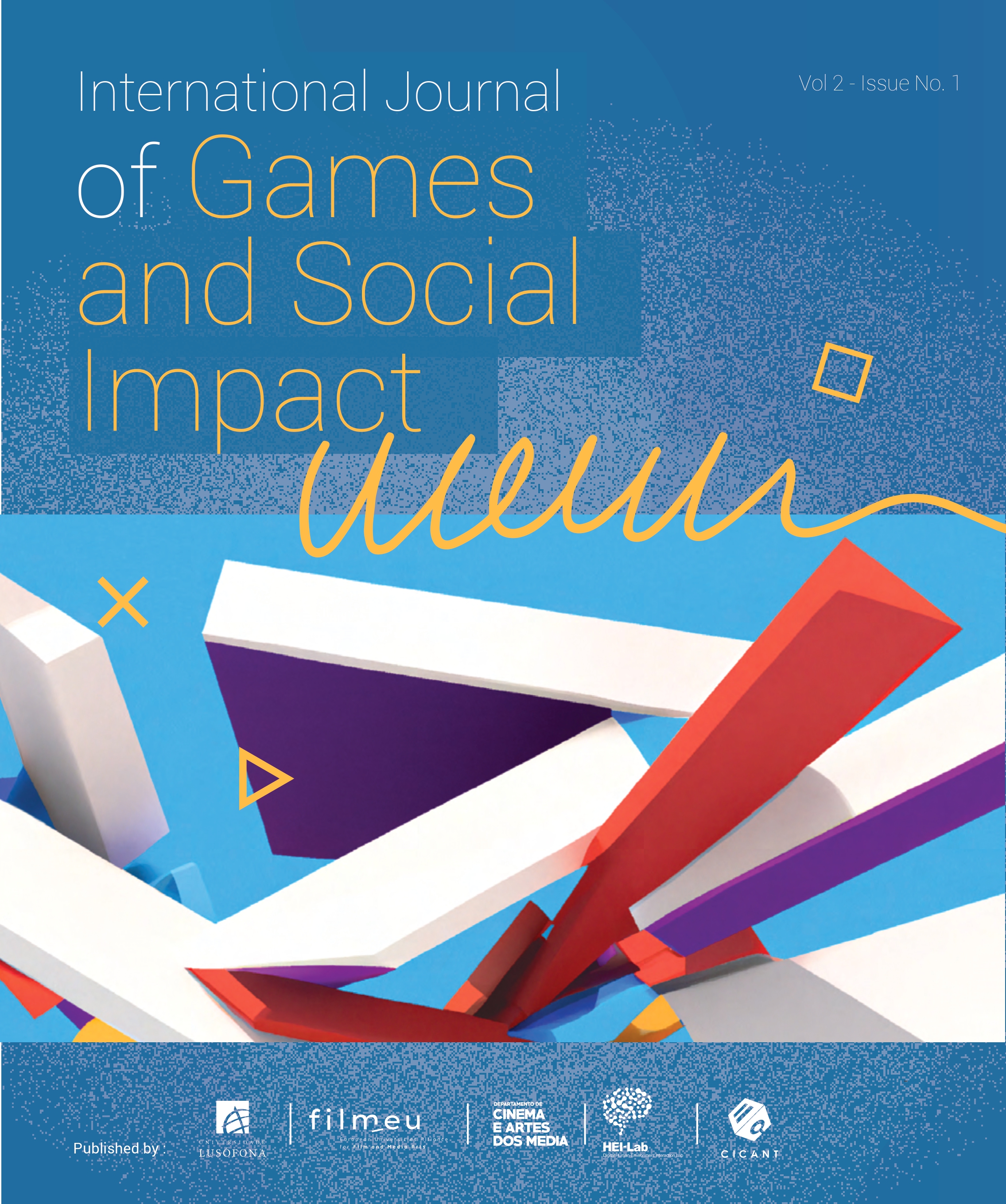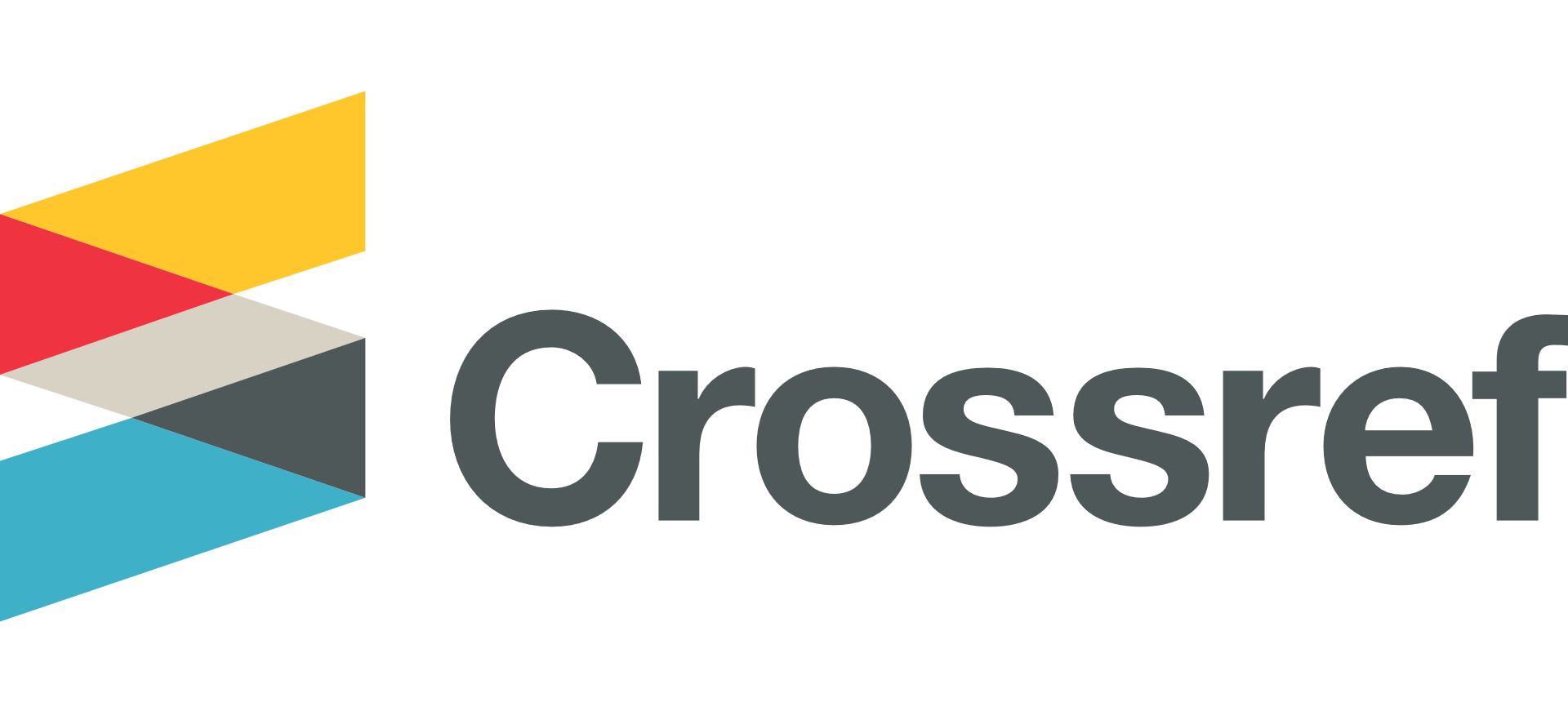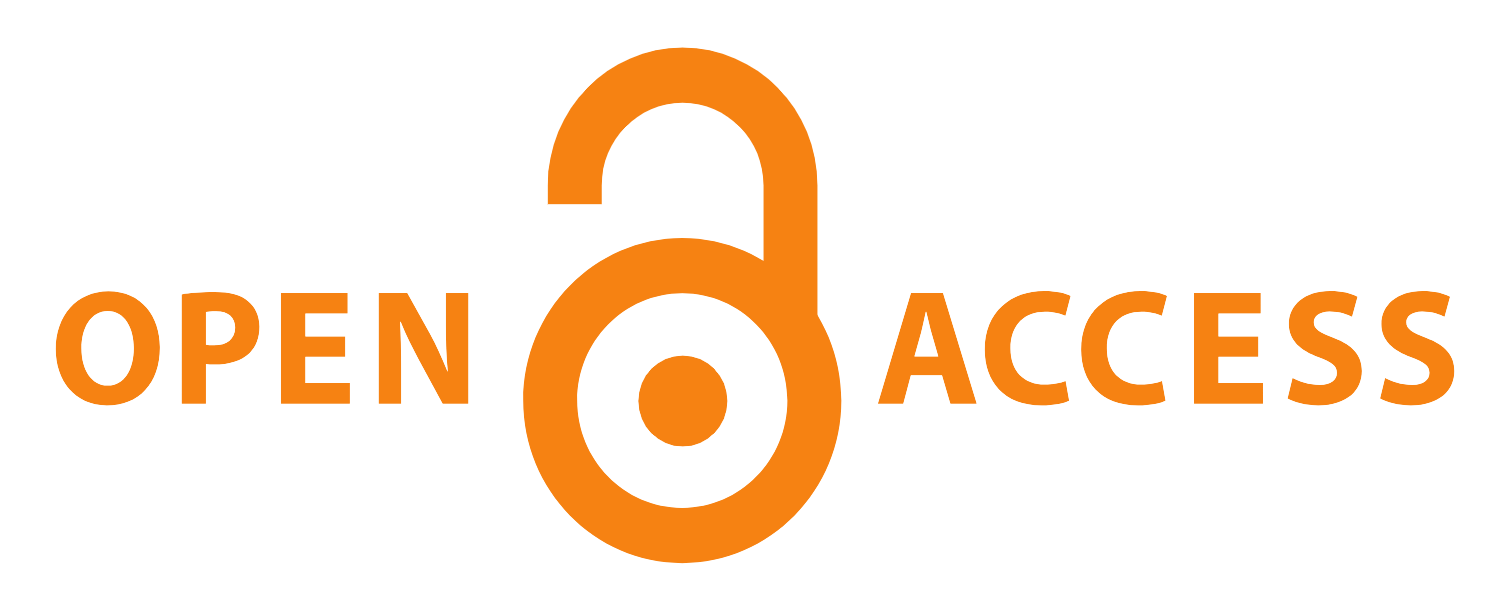Enhancing Brain Health and Cognitive Development Through Sensorimotor Play in Virtual Reality: Uncovering the Neural Correlates
Abstract
Brain health is a critical part of well-being because it is a foundation for the ability to communicate, make decisions and solve real-life problems. Virtual reality games involve motor and sensory activities that can help to improve brain connectivity by providing an immersive and interactive experience that engages multiple brain regions simultaneously. Reinforcing sensorimotor activities influences cognitive skills and improves brain health. Sensorimotor play in virtual reality is a relatively new concept that is gaining attention as a tool for promoting brain health and cognitive abilities. It is believed that this type of play can have positive impact on brain health and cognitive function, such as improving memory, enhancing focus, and reducing stress and anxiety. The aims of the current paper are (1) – to present evidence, based on neuro correlates, of the importance of the sensorimotor play to the brain health and (2) – to propose a conceptual model for a personalized VR game design using neurocognitive feedback obtained through Brain-Computer Interface that assesses brain areas during sensorimotor stimulation.
Downloads
This work is licensed under a Creative Commons Attribution-NonCommercial-ShareAlike 4.0 International License. The rights of each article are attributed to their author(s).









